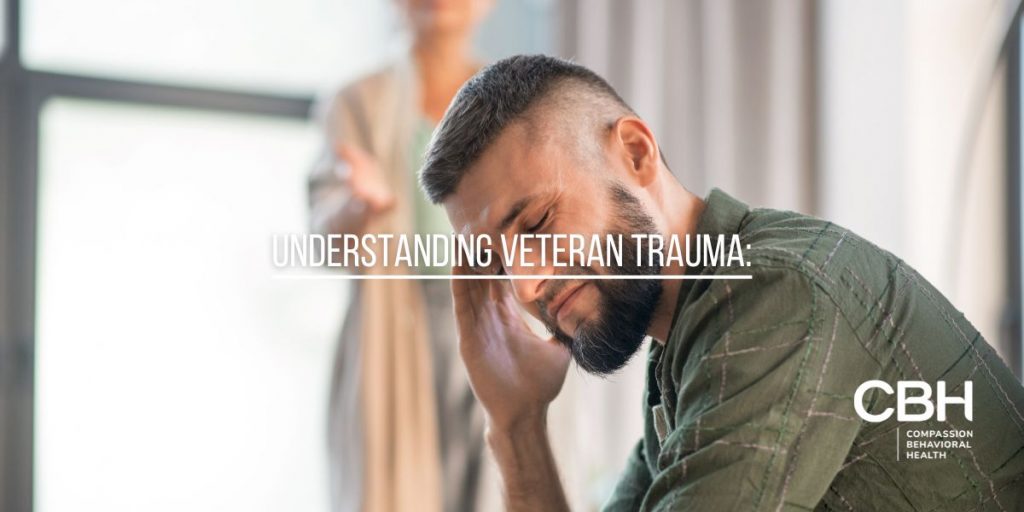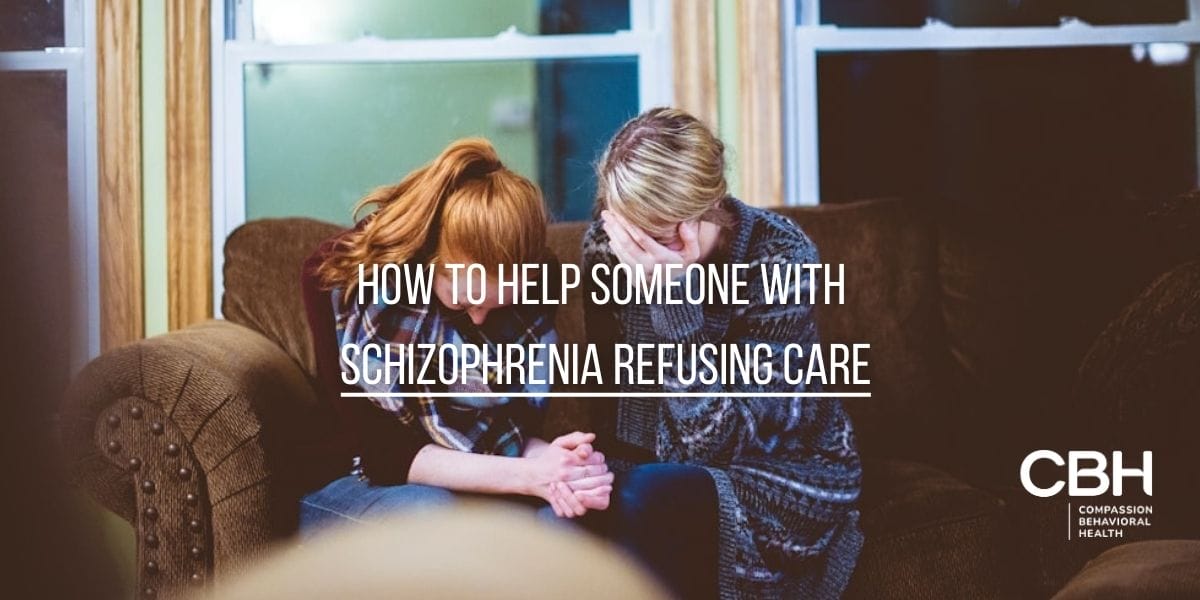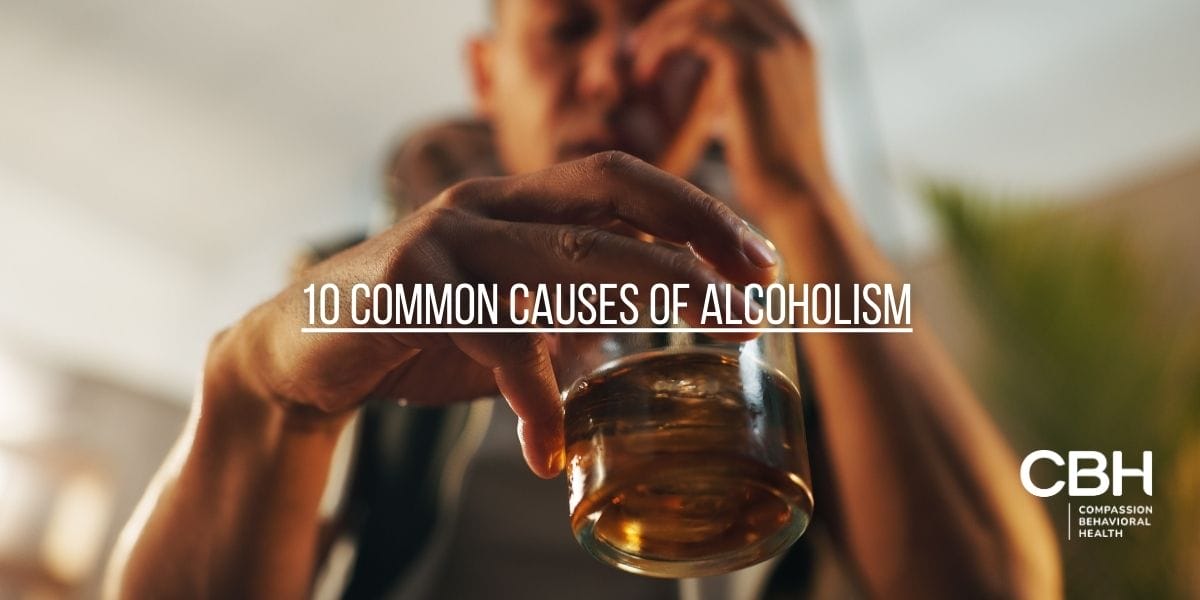Veterans often face a myriad of challenges upon their return from military service, with trauma being one of the most significant issues they encounter. This article aims to delve into the intricacies of veteran trauma, exploring its causes, the profound effects it has on individuals, and various strategies available to support veterans in their healing journey. By understanding the unique landscape of veteran trauma, we can pave the way for compassion, advocacy, and effective intervention.
Defining Veteran Trauma
Veteran trauma is a complex phenomenon that can manifest in various forms and intensities. It encompasses the emotional and psychological aftereffects of combat, service-related experiences, and the emotional toll of military life.
The Unique Nature of Military Service
The transition from military to civilian life is not a straightforward process. Military service is characterized by high-stakes environments and life-altering experiences. Veterans are often exposed to:
- Intense trauma, including witnessing violence and death.
- High-pressure decision-making in life-or-death situations.
- A culture that emphasizes stoicism and suppresses emotional vulnerability.
This unique nature of service can lead to a range of emotional responses that may not surface until after returning home, impacting their ability to adjust to civilian life. The abrupt shift from a regimented, mission-focused environment to the unpredictability of civilian life can be jarring. Many veterans find themselves grappling with feelings of isolation, as their experiences are often difficult to share with those who have not served. This sense of alienation can be compounded by the lack of understanding from friends and family, who may struggle to grasp the depth of the veteran’s experiences.
The Psychological Impact of War
The psychological impact of warfare can be profound. Many veterans experience conditions such as Post-Traumatic Stress Disorder (PTSD), depression, and anxiety, stemming from traumatic experiences during service. Symptoms can include:
- Flashbacks or intrusive memories of traumatic events.
- An increased emotional response to reminders of trauma.
- A pervasive sense of detachment from friends and family.
These psychological ramifications complicate their reintegration and can lead to a cyclical pattern of trauma that exacerbates their emotional struggles. Furthermore, the stigma surrounding mental health issues in military culture often prevents veterans from seeking the help they need. This reluctance can result in untreated conditions that manifest in various ways, such as substance abuse or self-isolation. Support systems, including peer networks and veteran organizations, play a crucial role in addressing these challenges. They provide safe spaces for veterans to share their experiences and foster an understanding that healing is a journey that can be navigated together.
Unpacking the Causes of Veteran Trauma
To understand veteran trauma better, it is essential to explore its underlying causes. These causes can be broadly categorized, revealing the multifaceted nature of the issue.
The Role of Combat Exposure
Combat exposure plays a significant role in the manifestation of trauma among veterans. Direct involvement in combat situations heightens the risk of traumatic stress responses. Factors contributing to trauma from combat exposure include:
- Prolonged exposure to stressful situations.
- Witnessing the injury or death of fellow soldiers.
- Living under constant threat of danger.
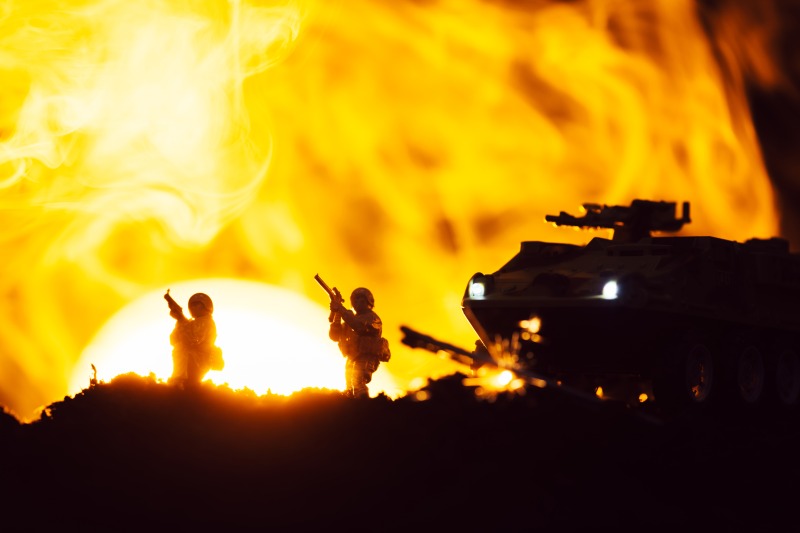
These experiences create a psychological burden that can linger long after the conflict has ended. The cumulative effect of these stressors can lead to conditions such as Post-Traumatic Stress Disorder (PTSD), which may manifest in flashbacks, nightmares, and severe anxiety. Furthermore, the lack of immediate support during and after combat can exacerbate these symptoms, leaving veterans to grapple with their trauma in isolation.
The Impact of Military Sexual Trauma
Military sexual trauma (MST) is another important factor affecting many veterans. MST can occur during training or active duty and encompasses a range of unwanted sexual experiences. The consequences of MST are particularly devastating, often leading to:
- Severe depression and anxiety.
- A heightened sense of betrayal and distrust.
- Challenges in forming intimate relationships.

Due to the stigma surrounding MST, many veterans find it difficult to seek help, which can exacerbate their trauma. The psychological scars from MST can be as profound as those from combat, yet they often go unrecognized, leaving survivors feeling marginalized within the veteran community. The lack of adequate reporting mechanisms and support systems further complicates recovery, as victims may fear retaliation or disbelief from their peers.
The Struggles of Reintegration into Civilian Life
Reintegration into civilian life presents another significant challenge for veterans returning from the military. The skills and behaviors honed during service may not translate well into everyday civilian settings, leading to feelings of alienation. Common struggles include:
- Difficulty in finding employment that matches their skills.
- Frustration over a lack of understanding from civilians about military experiences.
- Challenges in maintaining relationships with family and friends.
This discord can create a sense of isolation, making it essential to provide comprehensive support during their transition. Many veterans report feeling disconnected from their communities, as the experiences they endured in service can be difficult for civilians to comprehend.
This gap in understanding can lead to frustration and a sense of invisibility, as veterans navigate the complexities of civilian life while grappling with their past. Community programs that foster dialogue and understanding between veterans and civilians can play a crucial role in bridging this divide, and promoting healing and reintegration.
The Multifaceted Effects of Veteran Trauma
Veteran trauma has wide-ranging effects that can permeate various aspects of life, from physical health to relationships. Understanding these effects is crucial for effective intervention.

Physical Health Consequences
The physical health consequences of veteran trauma can be serious and long-lasting. Veterans may experience:
- Chronic pain or disability due to injuries sustained in combat.
- Increased susceptibility to conditions such as heart disease or diabetes.
- A tendency to engage in harmful behaviors, such as substance abuse.
These physical ailments not only affect the individual but can also strain their families and support systems. Additionally, the psychological toll of trauma can exacerbate these physical issues, creating a vicious cycle where mental distress leads to physical decline, and vice versa. For instance, veterans suffering from post-traumatic stress disorder (PTSD) may find it difficult to maintain a regular exercise routine, leading to further health complications. Furthermore, the financial burden of medical treatment for chronic conditions can add another layer of stress, impacting the overall quality of life for veterans and their families.
Mental Health Implications
The mental health implications of trauma are significant and can manifest in various forms, including:
- Severe anxiety and panic disorders.
- Increased rates of suicide among veterans.
- Difficulty in managing everyday stress and responsibilities.
Addressing these mental health implications requires a multifaceted approach encompassing therapy, medication, and support systems. Innovative treatment options, such as equine therapy and mindfulness practices, have shown promise in helping veterans cope with their trauma.
Moreover, peer support programs can provide a sense of community and understanding, allowing veterans to share their experiences in a safe environment. It is crucial that mental health services are accessible and tailored to meet the unique needs of veterans, as traditional approaches may not always resonate with those who have served in combat.
Social and Relationship Challenges
Veterans may face considerable social and relationship challenges due to trauma. This may manifest in:
- Difficulties in connecting with others, leading to loneliness.
- Strained relationships with family members as a result of emotional withdrawal.
- Challenges in forming new relationships due to mistrust or social anxiety.
Improving social connections is vital for healing, and efforts must be made to assist veterans in this area. Community engagement programs and social reintegration initiatives can play a pivotal role in helping veterans rebuild their social networks.
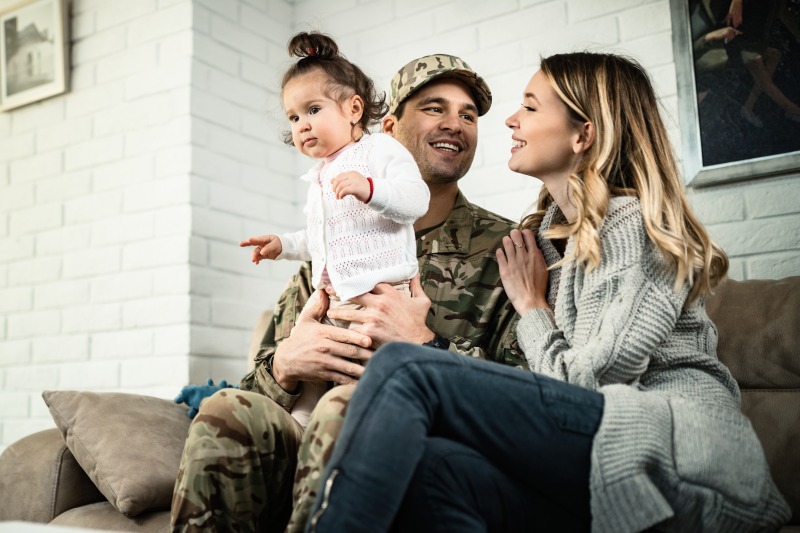
Activities such as group outings, volunteer opportunities, and support groups can foster connections and provide a sense of belonging.
Additionally, educating family members about the effects of trauma can facilitate better communication and understanding, ultimately strengthening familial bonds and creating a more supportive home environment. By addressing these social and relational aspects, we can help veterans navigate their post-service lives with greater resilience and connection.
Support Strategies for Veterans with Trauma
Understanding the causes and effects of veteran trauma is essential, but providing effective support is equally imperative. Here are some strategies that can aid in the healing process.
Therapeutic Interventions
Therapeutic interventions play a central role in supporting veterans with trauma. Various approaches include:
- Cognitive Behavioral Therapy (CBT) to address negative thought patterns.
- Eye Movement Desensitization and Reprocessing (EMDR) specifically for PTSD.
- Art and music therapy to allow expression of feelings that may be difficult to verbalize.
Through these therapeutic modalities, veterans can begin to process their experiences and develop healthier coping mechanisms. Additionally, incorporating family therapy can enhance the healing process by involving loved ones in the treatment. This approach not only helps veterans articulate their experiences but also educates family members on how to provide support, fostering a more understanding and empathetic home environment.
Peer Support and Group Therapy
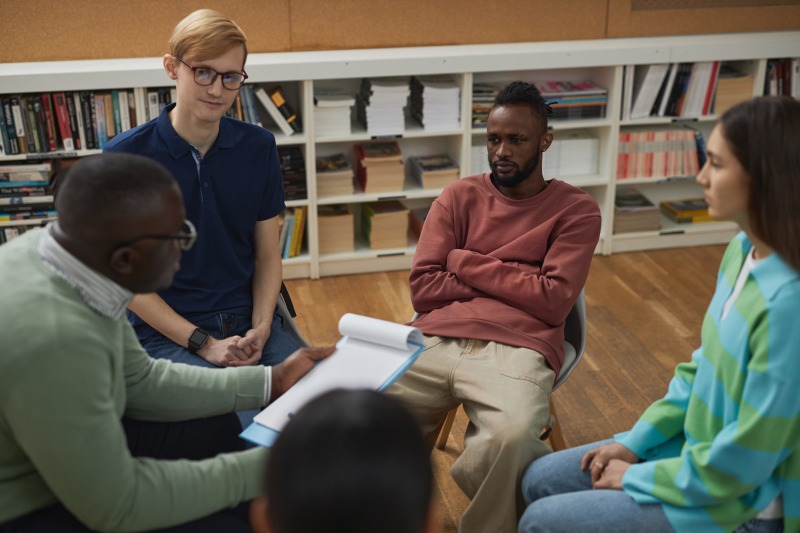
Peer support and group therapy can provide veterans with a safe space to share their stories. Benefits include:
- Building a sense of community and belonging.
- Sharing strategies for coping with similar experiences.
- Reducing feelings of isolation through connection with those who understand their struggles.
Establishing strong peer networks can significantly aid in the recovery process. Moreover, these groups can also facilitate mentorship opportunities, where veterans who have successfully navigated their trauma can guide those who are just beginning their journey. This not only empowers the mentors but also instills hope in newer members, illustrating that recovery is possible.
Holistic Approaches to Healing
Finally, holistic approaches are increasingly recognized for their effectiveness in veteran trauma recovery. These approaches may include:
- Mindfulness and meditation for stress reduction.
- Physical fitness and nutrition counseling to promote overall wellness.
- Engaging in nature therapy or outdoor activities to foster healing.
By considering the whole person, including their mind, body, and spirit, holistic therapies can provide substantial benefits in the healing journey. Furthermore, incorporating practices such as yoga and tai chi can enhance physical and mental resilience, allowing veterans to reconnect with their bodies in a positive way. These activities not only improve physical health but also cultivate a sense of inner peace and balance, which is crucial for those grappling with the aftermath of trauma.
In conclusion, veteran trauma is a complex issue rooted in the unique experiences of military service. Understanding its causes and effects is vital for providing effective support. By utilizing various therapeutic interventions, promoting peer support, and embracing holistic healing approaches, we can make significant strides in aiding our veterans on their journey toward recovery and reintegration.
PTSD Treatment Program for Veterans at CBH

If you or a loved one is a veteran struggling with the effects of trauma, know that you are not alone. Compassion Behavioral Health is here to provide the support and care necessary to navigate the path to recovery. Our specialized team is committed to offering personalized mental health and substance use treatment to veterans, ensuring sustainable healing tailored to your unique journey. Located in the serene setting of South Florida, our Hollywood rehab center is a nurturing environment that fosters growth and wellness. As an in-network service provider for VA insurance and Tricare East, we are proud to make quality care accessible to those who have served. Call Us Today to take the first step towards reclaiming your life with the guidance and empathy you deserve.
